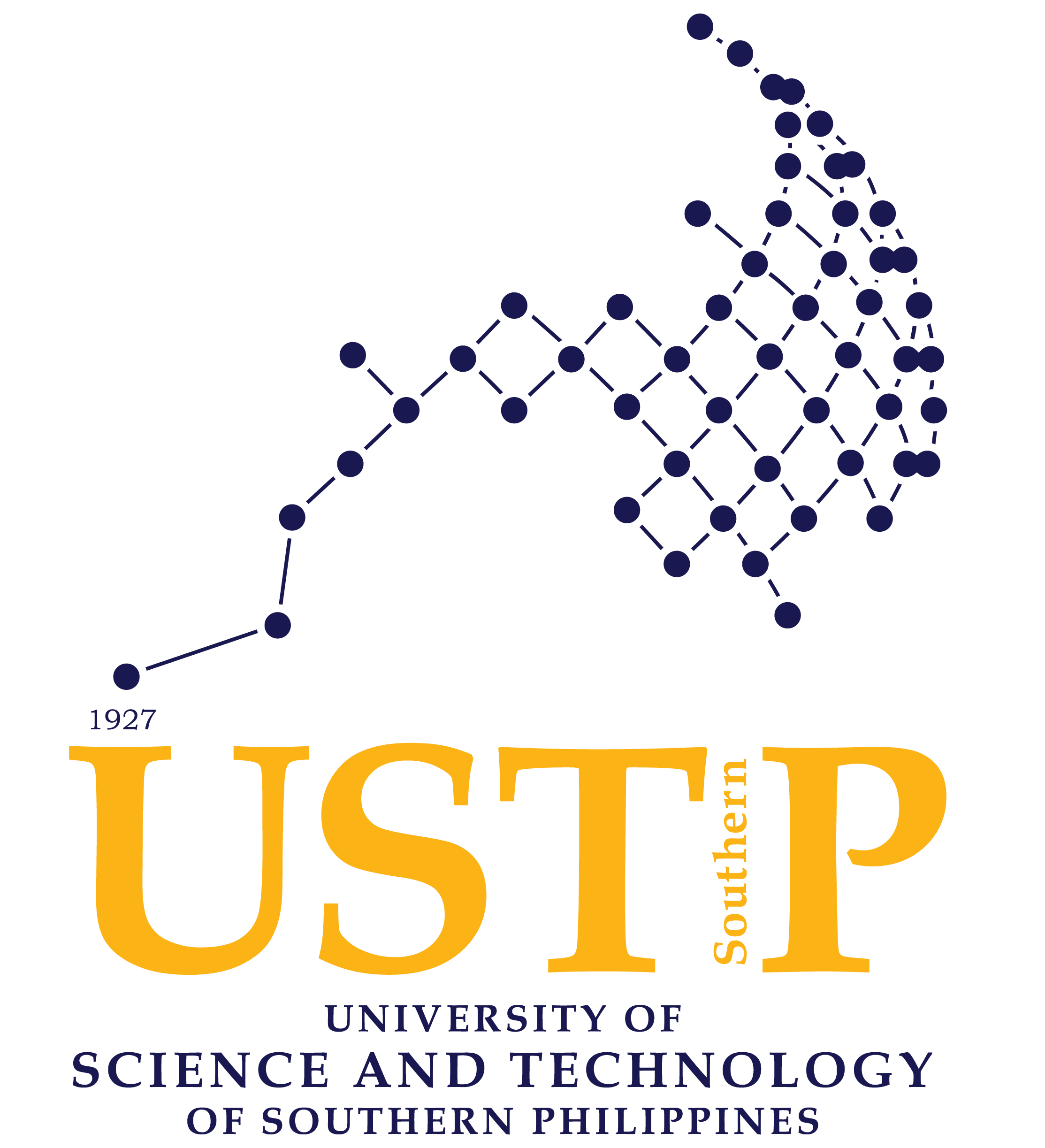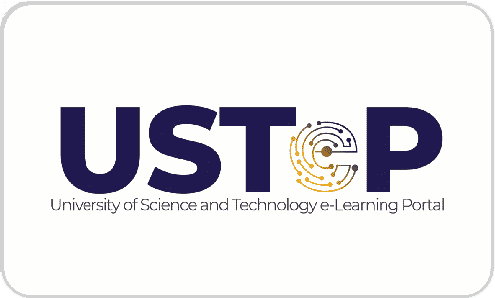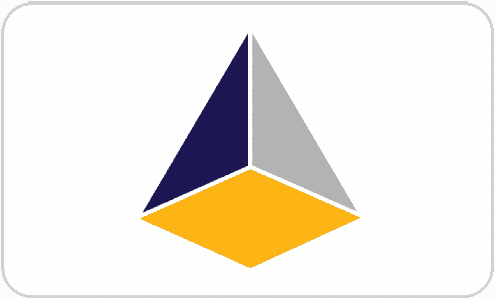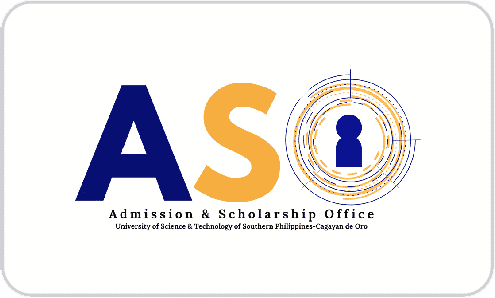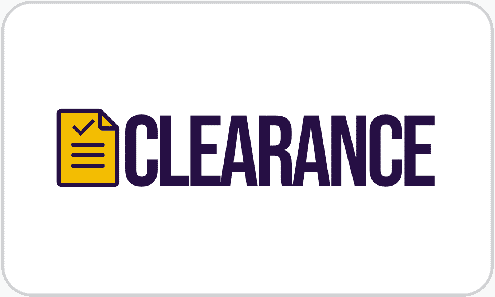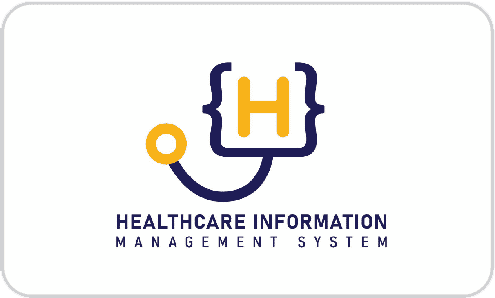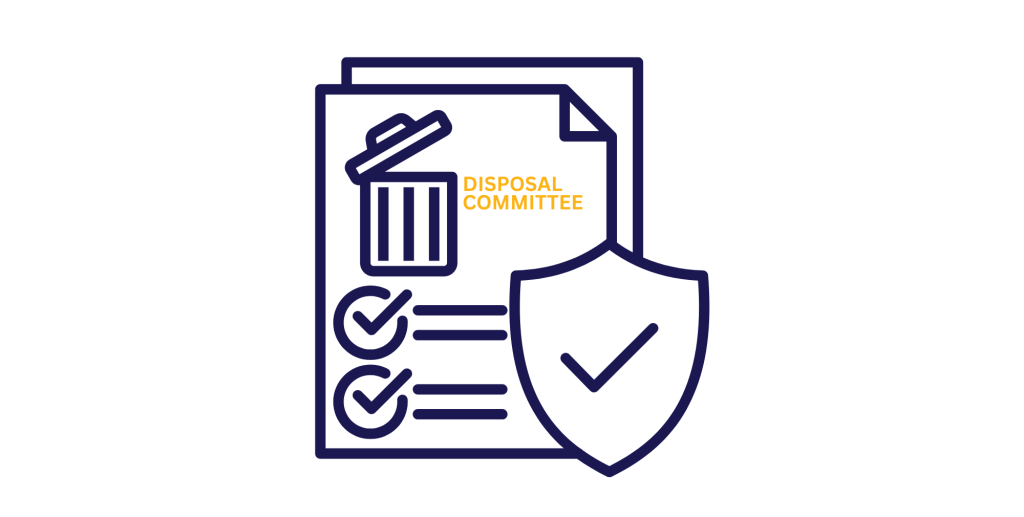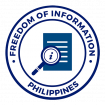USTP Oroquieta, SPAMAST collaborate on GHG emission inventory for climate action and sustainability goals
By Engr. Mitchie M. Roa, Bachelor of Food Processing and Technology, Program Head
Share:
The University of Science and Technology of Southern Philippines in Oroquieta, Misamis Occidental (USTP Oroquieta) strengthened its commitment to climate action and community engagement through the participation of Engr. Mitchie M. Roa as a resource speaker in the Greenhouse Gas (GHG) Emission Inventory Workshop held on July 30, 2025, at the Southern Philippines Agri-business and Marine and Aquatic School of Technology (SPAMAST) in Malita, Davao Occidental. The event formed part of the extension project “Empowering the Communities in Mitigating Climate Change,” which aims to build local capacity in tracking and managing GHG emissions.

Engr. Roa, known for her expertise in greenhouse gas emission inventory, shared critical insights into scientific approaches and practical tools for identifying and quantifying emissions. Her participation reflects USTP’s dedication to applying research and innovation in addressing real-world environmental challenges. By contributing to grassroots-level climate education, the university continues to uphold its mission of promoting sustainability and science-based solutions for societal development.
The event was graced by the presence of Dr. Lynette A. Bontia, President of SPAMAST, who expressed strong support for initiatives that empower local stakeholders to participate actively in climate action through science-based strategies.
The workshop attracted a diverse group of participants, including local government officials from Malita, representatives from the Department of Education, the Provincial Environment and Natural Resources Office (PENRO), and members of the SPAMAST academic and administrative community. This multi-sectoral engagement fostered vibrant discussions, collaboration, and a shared commitment to reducing greenhouse gas emissions within the municipality.


USTP’s involvement in initiatives like this workshop underscores its strategic direction toward environmental responsibility and collaborative outreach. The university’s active role in building the capacities of local communities reflects its broader vision of empowering institutions and individuals to take informed climate action, in alignment with national and global sustainability goals.
